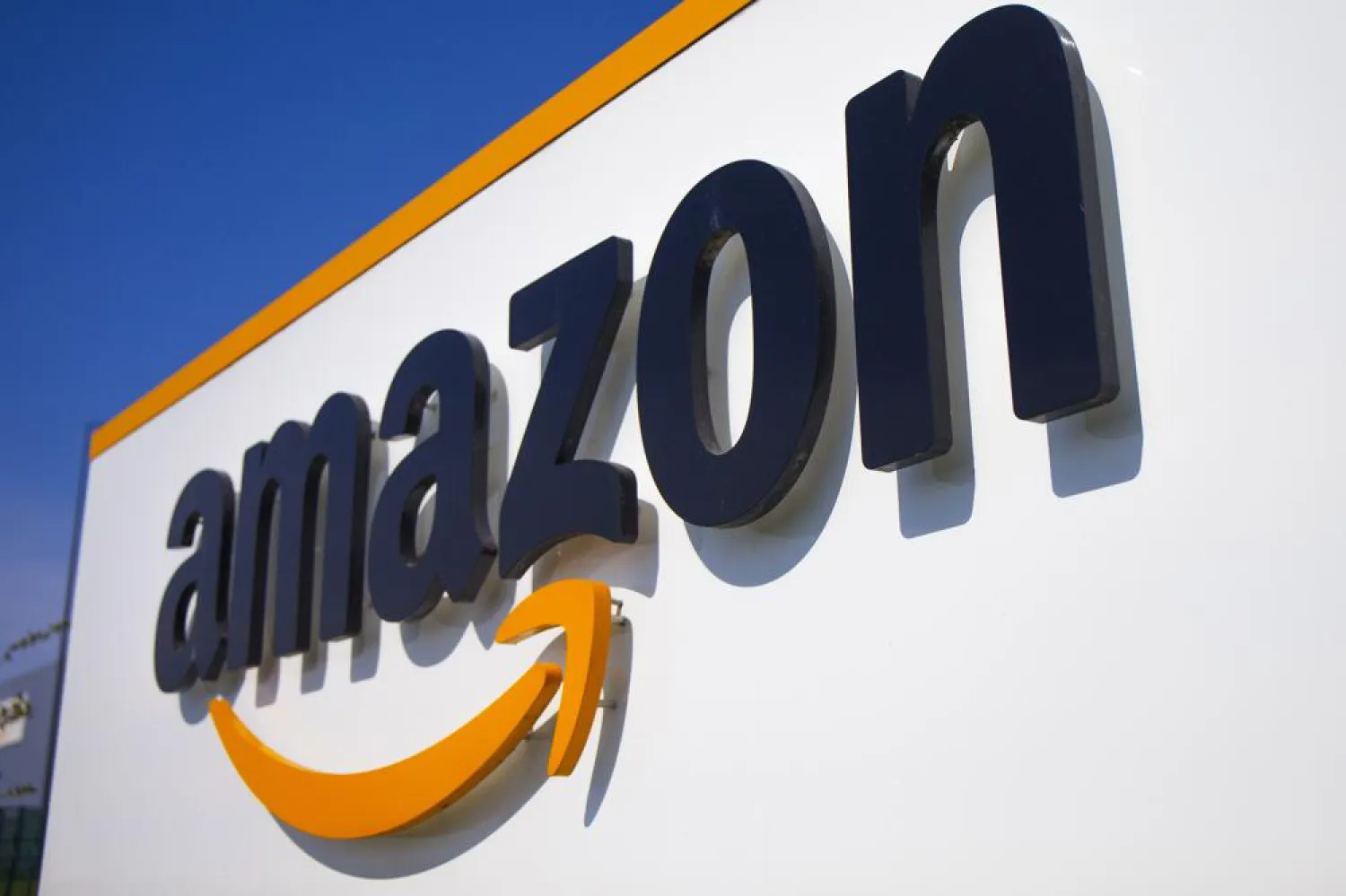Amazon is adding a prescription drug discount program to its growing health care business.
The retail giant said Tuesday that it will launch RxPass, a subscription service for customers who have Prime memberships. Amazon said people will pay $5 a month to fill as many prescriptions as they need from a list of about 50 generic medications, which are generally cheaper versions of brand-name drugs.
The company said the flat fee could cover a list of medications like the antibiotic amoxicillin and the anti-inflammatory drug naproxen, The Associated Press said.
Sildenafil also made the list. It’s used to treat erectile dysfunction under the brand name Viagra and also treats a form of high blood pressure.
Amazon sells a range of generic drugs through its pharmacy service. Some already cost as liitle as $1 for a 30-day supply, so the benefit of this new program will vary by customer.
The program doesn’t use insurance, and people with government-funded Medicaid or Medicare coverage are not eligible. It will be available in 42 states and Washington, D.C. at launch.
Any program that gets low-cost generic drugs to more patients “is a good thing,” said Karen Van Nuys, an economist who studies drug pricing at the University of Southern California. But she added that she wasn’t sure how much of an impact RxPass will have.
She noted that the program is limited to Amazon Prime customers. Other options like the Mark Cuban CostPlus Drug Co. sell more generic drugs, many for under $5.
“I just don’t know that it’s expanding access to a new set of patients,” Van Nuys said.
Still, the move could help the company take up some more space in the health care market, even though it has not always been successful in its aim. Last year, the company shuttered its hybrid virtual, in-home care service called Amazon Care after it failed to get traction from employers. And Haven, a company Amazon created in collaboration with JPMorgan and Berkshire Hathaway to improve health costs, dissolved a year earlier than that.
Amazon has said its online drug store Amazon Pharmacy is a key part of its health care plan, along with primary care organization One Medical, which the online giant is seeking to acquire for $3.9 billion. The Federal Trade Commission is investigating the proposed buyout.
In November, the company also said it would begin offering “Amazon Clinic,” a messaging service that connects patients with doctors for about two dozen common conditions, such as allergies and hair loss.









